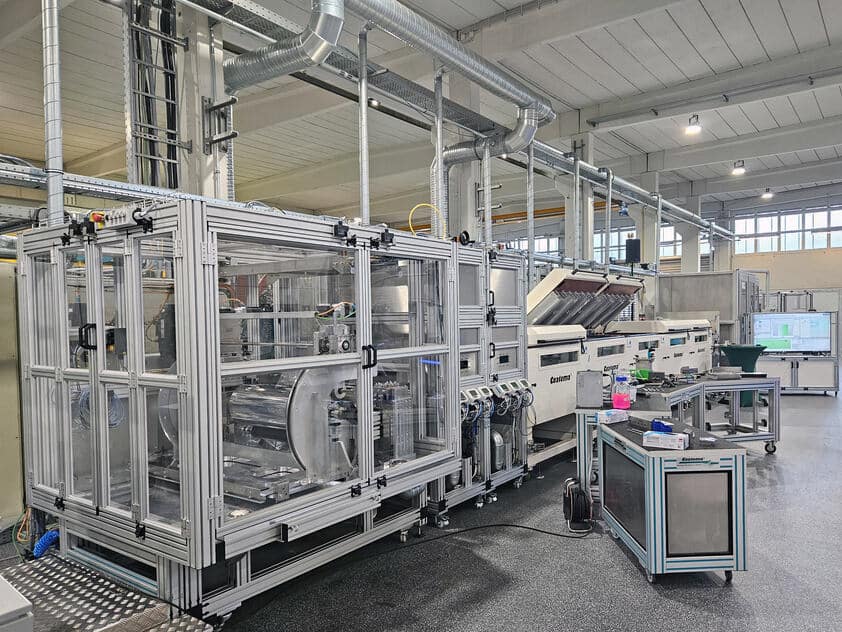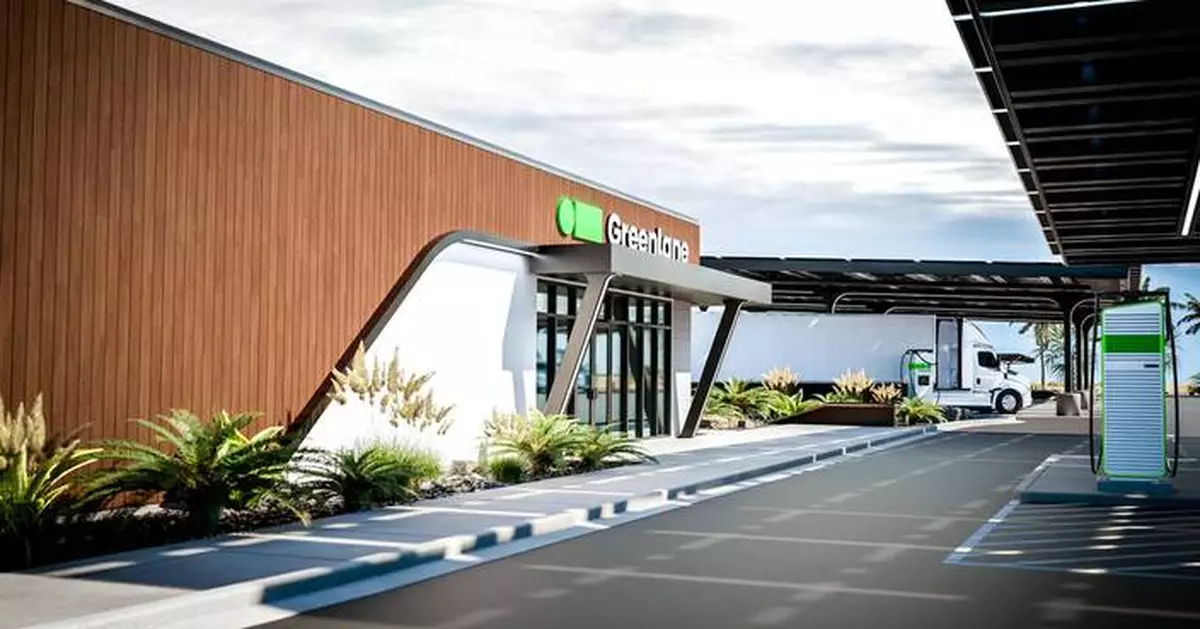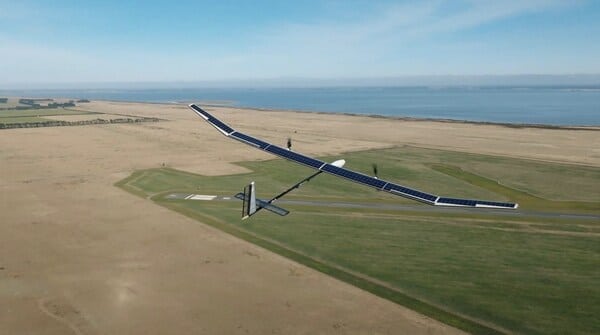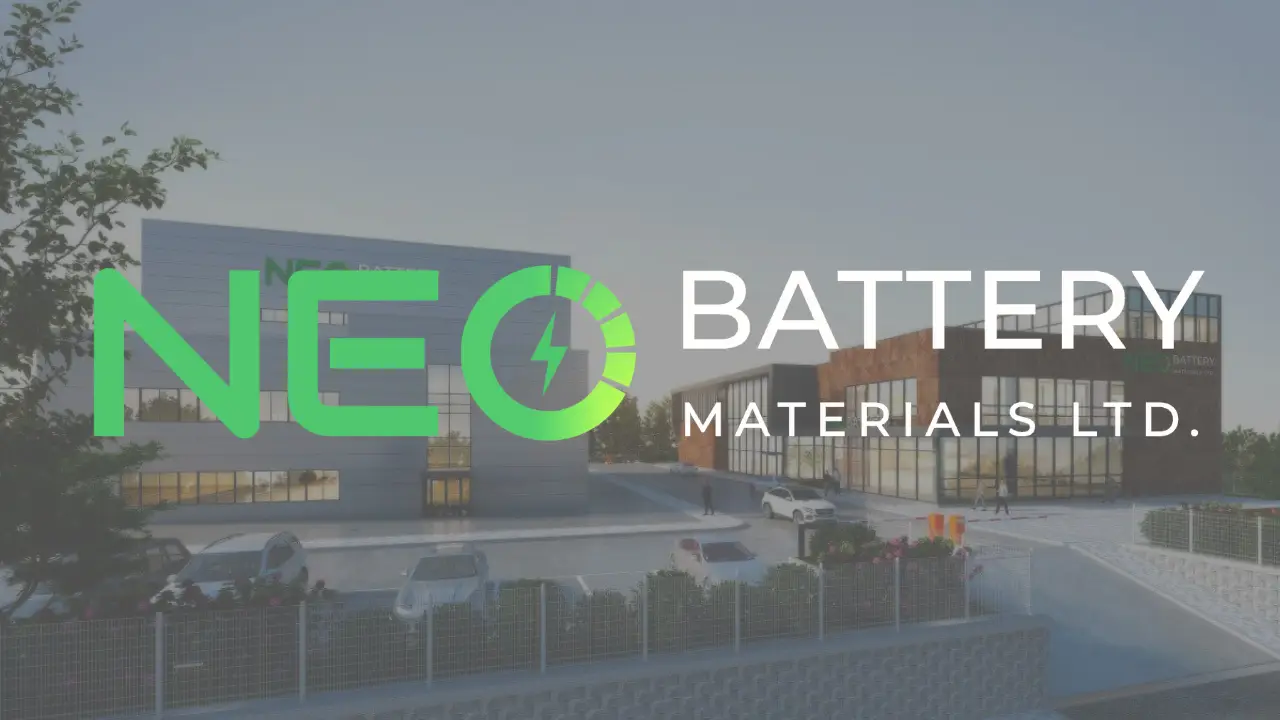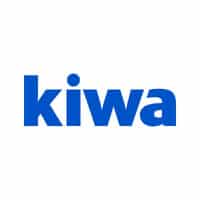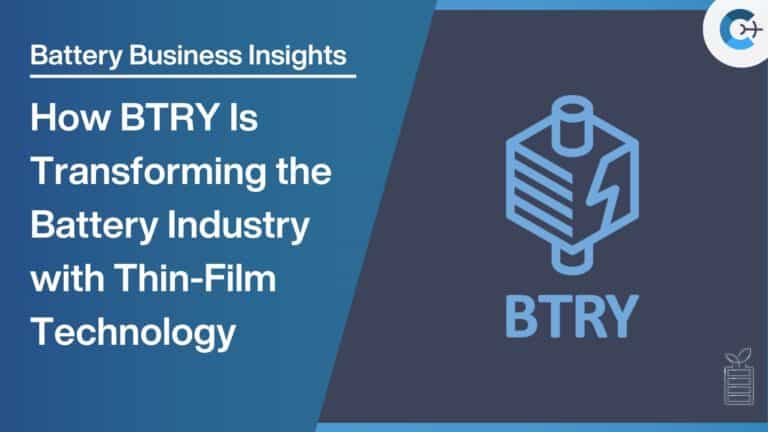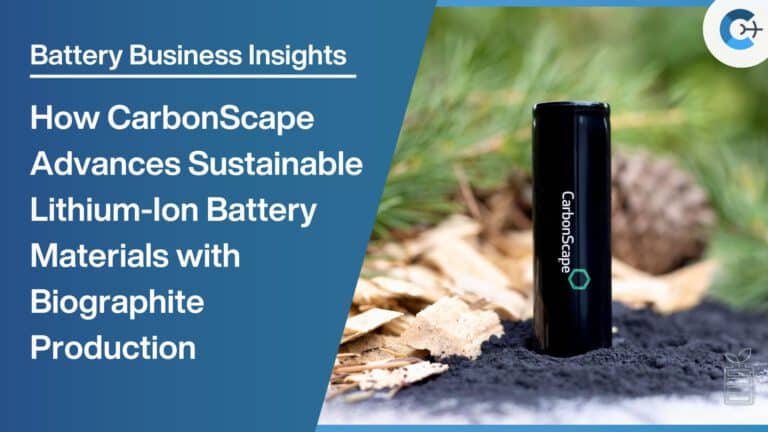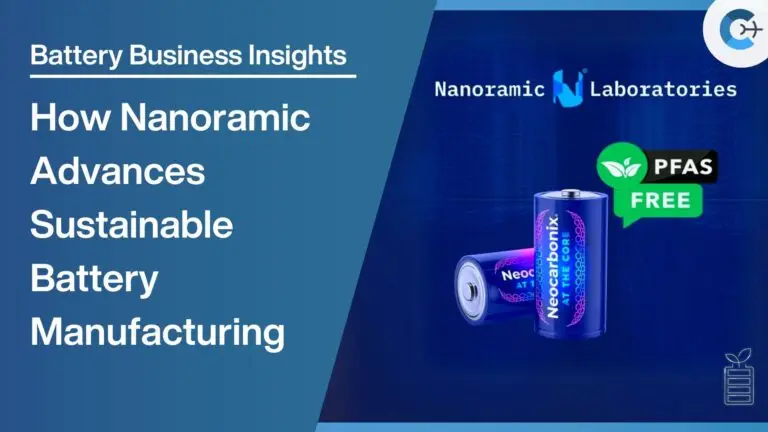After three years of research, the Chair of Production Engineering of E-Mobility Components (PEM) at RWTH Aachen University has successfully concluded the IDEEL project, collaborating with multiple partners from the scientific and industrial sectors. Funded by the Federal Ministry of Education and Research, the consortium developed a laser-based drying process aimed at enhancing battery production.
Professor Achim Kampker, director of PEM, highlighted that traditional electrode drying using the roll-to-roll process has been one of the most energy-, cost-, and CO₂-intensive stages in lithium-ion battery manufacturing. The newly developed process in the IDEEL project seeks to address these challenges by integrating conventional convection drying with laser drying utilizing high-power diode lasers. This hybrid approach reduces drying times by over 60 percent while preserving the quality of the electrodes.
The project initiated with the formulation of new anode and cathode coatings containing graphite, lithium iron phosphate, and silicon graphite in aqueous solutions. The subsequent development of the hybrid drying process ensures that existing production systems can adopt the new technology by retrofitting them with laser modules, thereby leveraging the benefits without extensive system overhauls.
Professor Heiner Heimes, a member of the PEM management team, stated that the hybrid drying system has been scaled up to achieve a web speed of 30 meters per minute for the first time. The incorporation of a laser booster at the beginning of the process effectively halves the required furnace length, resulting in significant savings in process space and reducing the need for energy-intensive drying rooms. These improvements translate to an overall reduction in operating costs by 20 to 30 percent. Additionally, the new process contributes to more economical and environmentally friendly battery production, enhancing both economic and ecological outcomes.
Experimental results indicate that the enhanced throughput does not compromise the quality of the battery electrodes. Professor Kampker affirmed that properties such as adhesion, residual moisture, electrical conductivity, and electrochemical performance remain at least equivalent to those achieved through traditional methods. The successful demonstration of industrial applicability paves the way for the process’s integration into the Fraunhofer FFB’s development center in Münster, which focuses on modern battery cell production for Germany and its European partners.
The IDEEL project encompassed collaboration among four research institutions, including the Fraunhofer Research Institution for Battery Cell Production FFB and the University of Münster’s MEET Center, as well as three industrial companies: Laserline, COATEMA Coating Machinery, and Optris. Further details about the project are available here.
Source: RWTH Aachen University

